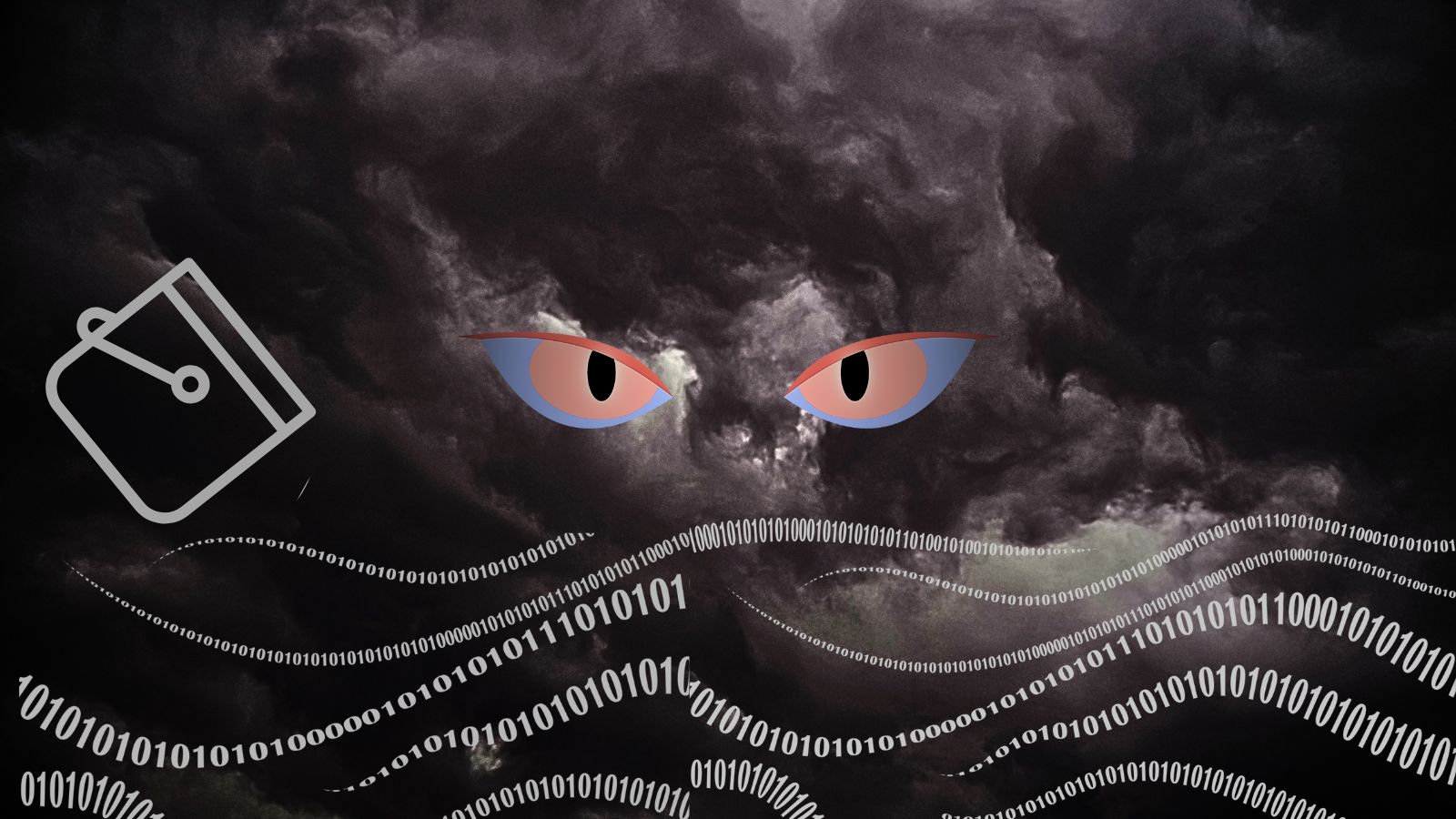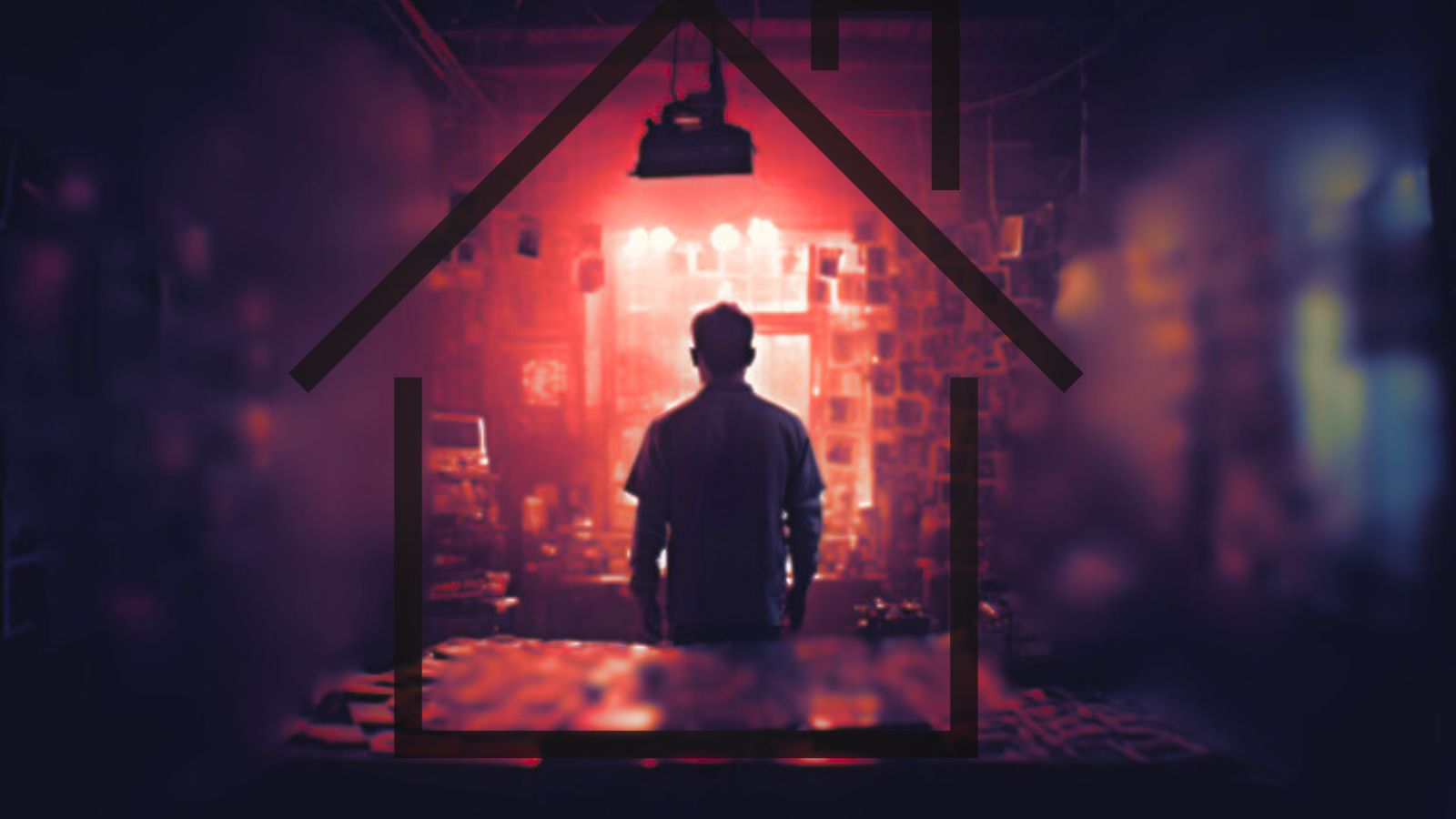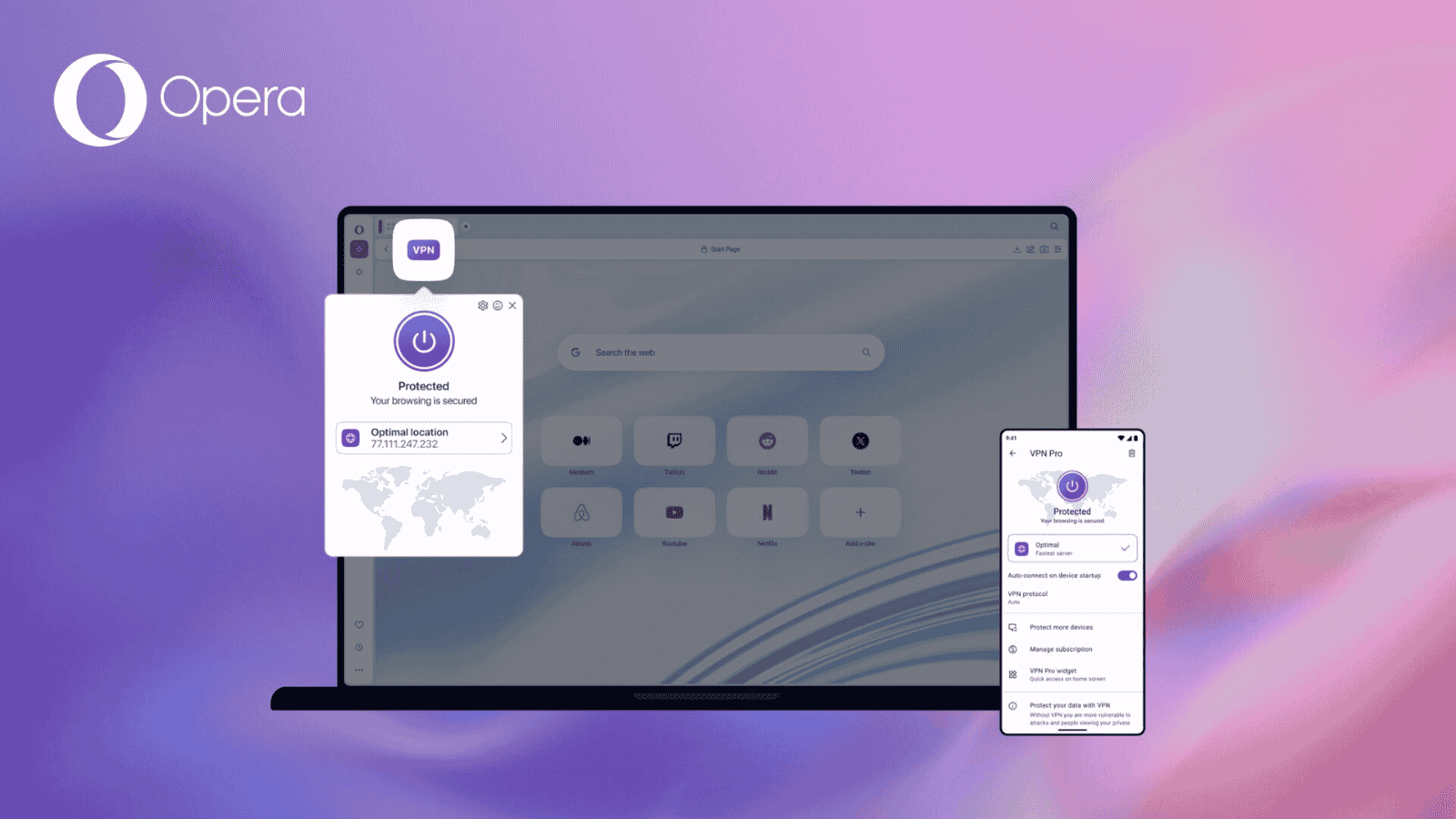
Governments Are Leveling Up People Tracking Due to the COVID-19 Outbreak
- Governments around the globe are finding novel ways to track their citizens, and the situation makes them all acceptable.
- The Polish authorities want people to take location revealing selfies, while the Canadians are getting location data from the carriers.
- Citizens are witnessing expedited trespassing of their privacy rights, and there's a risk of this becoming the new normal.
With the novel coronavirus outbreak still ongoing, governments are diving deeper into people tracking. Allegedly, those who remain disobedient to the pleads of self-isolation and two-week quarantine are the reason why governments have to take stricter measures, so "straight out tracking" is now the new state of affairs. We’ve warned about the rapid decision-making pushing towards this development a couple of days back, and we are already seeing countries doing it. Since everyone’s got a smartphone, the easiest way to track people is by forcing them to install a tracking app on the device.
As reported on the Private Internet Access blog, Poland has launched a special “selfie” app for the quarantined. The user is prompted at random times and asked to take a selfie image that shows where they are. The software then uses an advanced facial recognition AI to figure out if the image is real or if it has been manipulated. Geo-tagging data accompany the picture, so the Polish authorities can figure out if the quarantined person is indeed in isolation at home, or casually wandering outside. The app requests camera and location permissions, so it could potentially be used for citizen surveillance if the government wanted it.
At the same time, in Toronto, Canada, Mayor John Tory has admitted that local telecom service providers have been sharing people’s location data with them. The carriers are even generating “heat maps” that indicate the locations of where people are still gathering despite the imposed measures so that the police can intervene and disperse them. All of this happens without having obtained people’s consent, and everything is considered acceptable in the context of this emergency situation. The city of Ottawa is also considering to ask wireless data providers to hand over aggregated data, so the phenomenon is spreading like wildfire.
The problem with all that is not so much the current violation of people’s privacy rights, but the introduction of a new normal. Governments are testing out various ways to track and control their citizens, whereas the people are losing their reflexes due to the fear of getting infected with Covid-19. There’s a serious possibility that many of these measures will stay even after the outbreak subsides on the pretension of mitigating the risk of new infection waves. That said, it is crucial to monitor the developments that take place in this almost chaotic landscape, to know exactly what surveillance systems need to be stripped later on.







